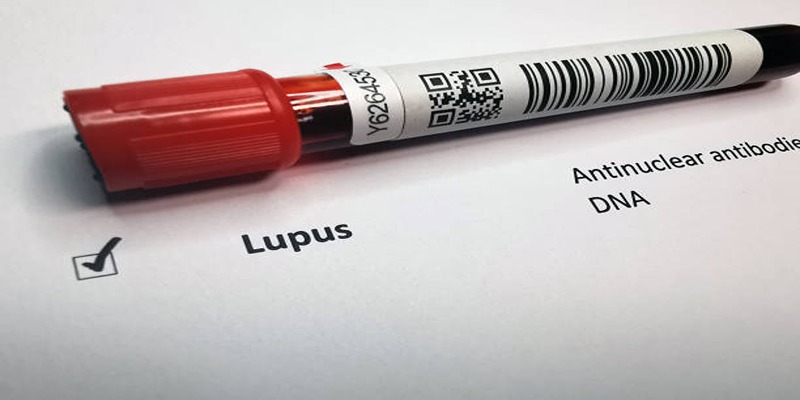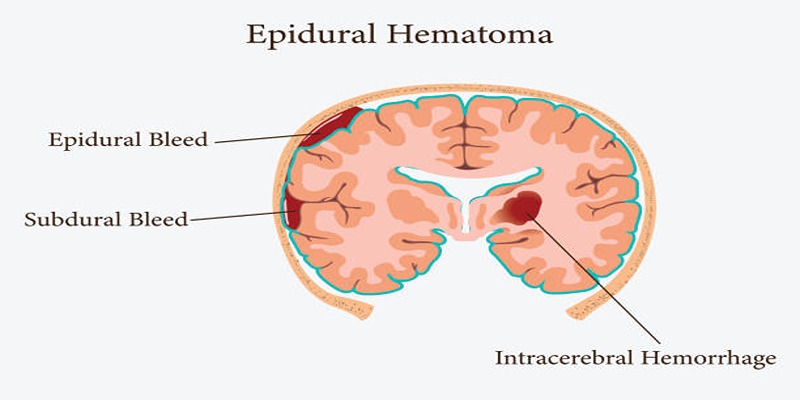Sugar cravings can be challenging to overcome, but managing them is vital for maintaining long-term health and energy. By understanding the causes of these cravings and adopting effective strategies, you can reduce your dependence on sugar naturally. These simple, practical methods help improve your diet, support better habits, and promote overall well-being.
1. Start Your Day with a Protein-Rich Breakfast

Having a protein-rich breakfast, will normalize your blood sugar and you will feel satisfied more quickly. This avoids the mid morning energy slump which usually results in snacking on sugary foods. Early sugar cravings can be satisfied with options such as oats with seeds, boiled eggs and whole-grain toast or a smoothie prepared using nuts and yogurt.
2. Stay Hydrated Throughout the Day
Dehydration is also mistaken to be hunger or a sugar craving and thus most individuals reach out to snacks when all their body requires is water. Proper hydration is critical to aid in digestion, increase or decrease appetite as well as general well-being. Water aids in the more effective process of food by your body and can satisfy cravings, in particular, sugary or unhealthy snacks.
Eight glasses of water is a good target, but your requirements could be different depending on your activity level, climate conditions and your basic health. Plain water can be boring, so add some natural flavor by squeezing in some lemon or by adding slices of cucumber, or even some fresh mint.
3. Increase Fiber Intake
Fiber delays the sugar absorption in your blood system and making you feel satisfied longer and eliminating the need to reach out to sweet snacks. Add foods such as lentils, whole grains, berries, carrots, and leafy green vegetables to your meals to naturally increase fiber.
4. Prioritize Balanced Meals
A diet that includes a healthy balance of protein, complex carbohydrates, and good fats helps control blood sugar levels. Imbalanced meals — especially those high in refined carbs — can trigger rapid spikes and drops in energy, often followed by strong sugar cravings.
5. Avoid Skipping Meals
Skipping meals may seem like a quick fix to reduce calorie intake, but it often leads to intense hunger and poor food choices later in the day. Eating regular meals and snacks every 3 to 4 hours helps maintain steady energy levels and reduces the urge to reach for sugary treats.
6. Identify Hidden Sugars in Packaged Foods
Even “healthy” foods like flavored yogurts, breakfast cereals, and salad dressings can contain high levels of added sugar. Reading nutrition labels carefully and choosing whole, minimally processed foods can significantly cut back your sugar intake and reduce cravings over time.
7. Use Natural Sweet Alternatives Sparingly
If you’re transitioning away from refined sugar, naturally sweet foods like fresh fruits, cinnamon, or a touch of honey in oatmeal can satisfy your sweet tooth without causing a spike in blood sugar. However, even natural sweeteners should be used in moderation to reset your taste preferences.
8. Get Enough Sleep
Lack of sleep can significantly disrupt hunger-regulating hormones like leptin and ghrelin, leading to increased cravings for high-sugar, high-calorie foods that provide quick bursts of energy.
Sticking to a regular sleep schedule—waking up and going to bed at the same time every day—can work wonders for your body. It keeps your internal clock on track, boosts your energy, and even helps curb those late-night snack cravings!
9. Manage Stress with Calming Activities
High stress levels often drive people toward comfort foods, especially those high in sugar, as they provide a quick burst of energy and temporarily improve mood. However, this habit can lead to a cycle of emotional eating, weight gain, and even higher stress levels over time. To combat this, mindful practices such as deep breathing exercises, light physical activity like walking or yoga, journaling to process emotions, or spending time in nature to reset your mind can be incredibly effective.
These activities not only help lower stress but also create healthier coping mechanisms to prevent turning to food for comfort. Prioritizing these habits can lead to improved emotional well-being and better overall health.
10. Keep Healthy Snacks on Hand

Cravings often strike when you're hungry and surrounded by easy access to sugary or processed options. These quick fixes may seem tempting, but often leave you feeling unsatisfied and craving more. A great way to combat this is by preparing your environment with nutritious, wholesome snacks that keep you full and energized throughout the day.
Fresh fruit like apples or berries provides natural sweetness and essential vitamins, while a handful of nuts offers healthy fats and protein to curb hunger. Sliced vegetables, such as carrots, celery, or bell peppers, paired with hummus, make a crunchy, satisfying option. Unsweetened yogurt is another great choice, packed with protein and probiotics to support digestion.
11. Retrain Your Taste Buds
Gradually reducing your sugar intake helps retrain your taste buds to appreciate the natural sweetness in whole, unprocessed foods. Over time, foods that once seemed bland, like plain oatmeal, fresh fruit, or unsweetened almond milk, can begin to taste pleasantly sweet on their own.
Highly processed sugary items, which you may have previously craved, might start to feel overly intense or even unappealing. By taking small, consistent steps to cut back on added sugars, you can reset your palate, improve your overall dietary habits, and better enjoy the flavors of real, wholesome foods.
12. Stay Consistent and Patient
Changing your relationship with sugar won’t happen overnight—it’s a gradual process that requires patience, awareness, and consistency. Start by paying attention to your habits and triggers around sugar consumption. Keeping a food journal can help you identify patterns and areas for improvement.
Celebrate small wins, like choosing a healthier snack or reducing added sugar in your morning coffee, as these small steps add up over time. Remember, the goal is progress, not perfection. Focus on your long-term well-being and the benefits of a balanced diet, rather than striving for short-term, unrealistic goals.
Conclusion:
Reducing sugar cravings naturally isn’t about deprivation — it’s about creating sustainable habits that support your body’s energy, mood, and overall wellness. By implementing even a few of these strategies into your daily life, you can take control of your cravings and develop a healthier, more mindful approach to sweetness. Over time, these simple changes will not only reduce your dependence on sugar but also help you feel more energized, balanced, and in control of your health choices.












